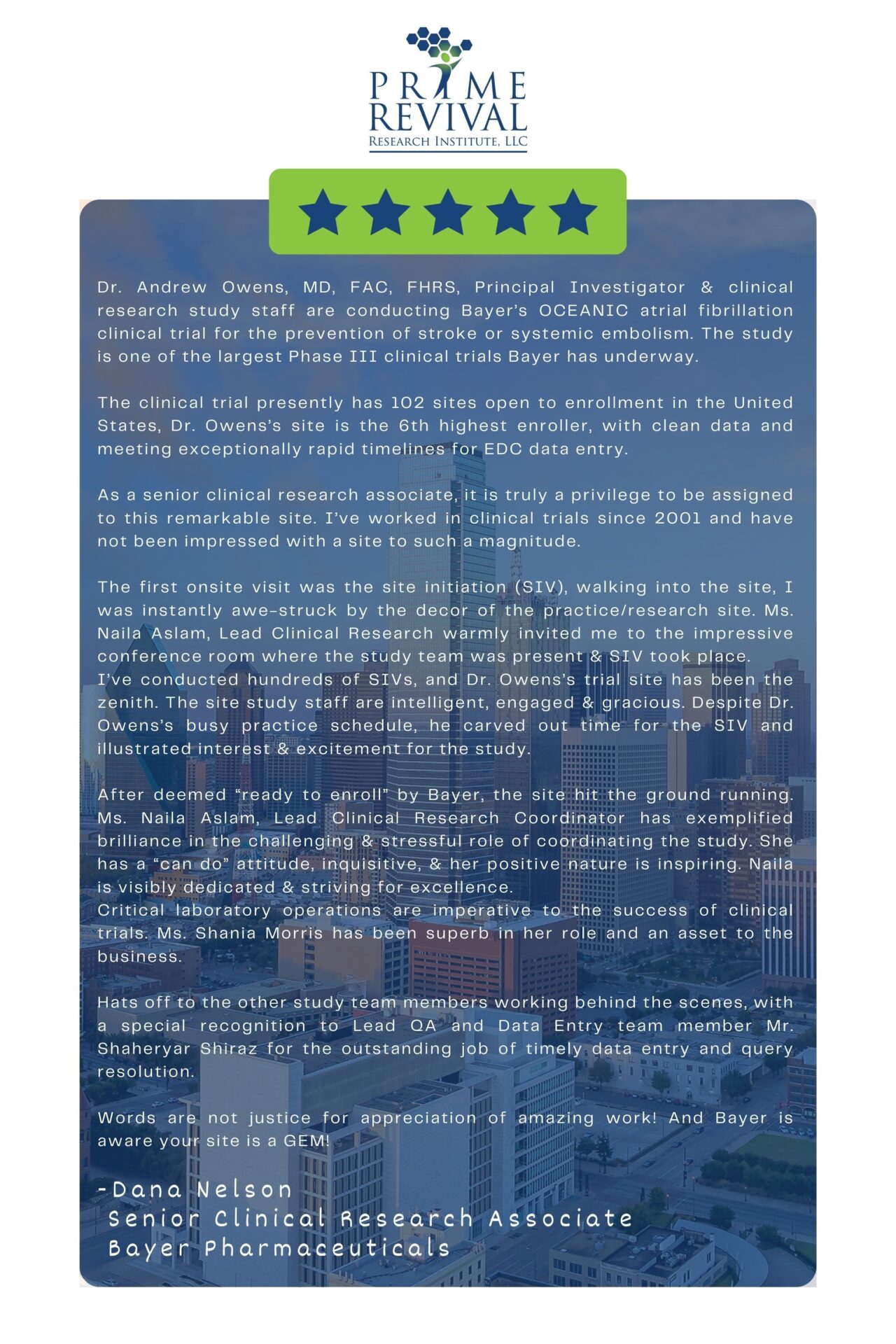Last Updated on June 22, 2022
Introduction
Diabetes is a chronic, lifelong condition that can lead to a variety of serious complications. Due to an increase in blood sugar levels, it can cause complications that include heart attacks, strokes, kidney failure, leg amputation, impotence, and blindness. Good control of blood glucose levels and a strong Diabetes Care Plan can help prevent these complications.
About Type 2 Diabetes
Type 2 diabetes occurs in people who are generally overweight or inactive and have a genetic predisposition to develop diabetes. Insulin is a hormone produced by the pancreas that helps our body burn or utilize sugar (glucose) for energy. Patients with type diabetes are insulin resistant, i.e. their pancreas makes insulin, but their organs (liver, muscles, etc) do not respond to it. Over time, the amount of insulin left in the pancreas is depleted and then blood glucose may become more difficult to control.
Treatment Plan to Help Fight Against Diabetes
Oftentimes several medicines and ultimately insulin injections are needed to keep blood sugars under control, especially after meals. Receiving treatment earlier on and losing excess weight can help prevent this deteriorating course in most individuals. Depending on the stage and severity of diabetes, your doctor will recommend a Diabetes Care Plan to keep you healthy and reduce the risk of these complications.
A balanced and healthy diet is very important and a lower intake of high fat or high “carb” food is recommended. Blood glucose should generally be checked 2-4 times a day depending on the severity of diabetes. A blood test called Hemoglobin A1C is used to determine average sugar glucose control over the last 3 months and the targeted goal for HBA1C levels is < 6.5.
Recommended Targets To Reach For Patients With Diabetes
| BG – Before Meals | 80-130 mg/dL |
| BG – After Meals | <160-180 mg/dL |
| HBA1C | <6.5-7 |
Regular Health Checkups To Help Manage Diabetes
Once a year, a complete examination of the eyes is recommended. The urine should be checked for protein (microalbumin) once a year and the feet should be examined for nerve damage. Patients with diabetes often have high blood pressure and high cholesterol (or triglyceride/ blood fat) levels, and therefore may have to take several medicines to control all three conditions. Even a slight increase in blood pressure (above 130/85) or LDL-cholesterol (above 100 mg/dL) requires treatment in diabetic patients.
Medications for Diabetes
ACE inhibitors or ARBs (blood pressure medicines that reduce the pressure in the kidneys) are prescribed for most diabetics (even those without high blood pressure) and help prevent kidneys from diabetic damage. Patients with diabetes who are over the age of 40 should consider taking STATINs. These medicines lower cholesterol and other harmful fat levels and reduce the risk of heart disease and strokes (even when the blood fat levels are not very high) by preventing “hardening of the arteries (atherosclerosis)”, particularly those arteries that supply oxygen-rich blood to the heart itself (coronary arteries).
Here are some of the most common medications prescribed by doctors in a Diabetes Care Plan. Each treatment regimen differs depending on how long you’ve had the condition and the severity of it.
Metformin (Biguanides):
This is the first medicine used in most cases and works on the liver to reduce sugar levels. It may cause some weight loss, but may also cause stomach upset in some. It should not be taken if kidney function is compromise and should be with held for 48 hours after surgeries or CT scans.
SGLT-2 Inhibitors:
This class of medications (e.g. Invokana, Farxiga, Jardiance, Steglatro) work in the Kidneys and help excrete some sugar through the urine. They may lower the blood pressure, cause some weight loss, and do not cause low blood sugar. They are also beneficial for heart and kidney functions. Local yeast infections may occur and rare cases of DKA have been reported.
GLP-1 analogs (Bydureon/Victoza/Trulicity/Ozempic/Rybelsus):
These agents slow absorption of the carbs and reduce appetite. Many patients lose weight and some may complain of nausea in the first weeks of use. Very rarely, a serious complication called pancreatitis (severe abdominal pain) may occur. In animal studies, thyroid cancer was seen rarely. In addition, GLP-1 analogs reduce heart-related complications in patients with diabetes.
Actos (Pioglitazone):
Actos improves insulin resistance and lowers blood fat levels in many patients. If used early as part of one’s Diabetes Care Plan, it may slow down the deterioration of the insulin-producing capability of the pancreas. It can cause fluid retention and should not be use if a patient has congestive heart failure.
Sulfonylureas:
They stimulate the release of insulin from the pancreas. Because they may deplete existing insulin stores in the pancreas, they should be avoid if blood sugars are not too high. They can cause severe hypoglycemia. Examples include Glimepiride, Glipizide, and Glyburide.
DPP-4 Inhibitors (Januvia/Onglyza/Tradjenta/Alogliptan):
These are often used with other medicines, have few side effects & do not cause hypoglycemia (low BG). They are more effective in lowering BG peak after meals.
Insulin:
Insulin is the most effective agent to lower BG & if BG levels are really high, or diabetes has been present for >6-8 years, insulin production from your pancreas may be too low, and therefore “pills” may not be able to keep your BG under control (particularly after meals) and you may have to add insulin to your regimen. Your doctor will recommend the best combination depending on the severity of your diabetes.
Diabetes is a chronic disease. By discussing a Diabetes Care Plan with your doctor and following it, you can control and prevent a lot of the complications of associate with diabetes. The American Diabetes Association has many publications and tools that may be able to help you on your journey to controlling diabetes. Good luck!
This information is for general knowledge & is not a substitute for medical advice your doctor recommends.


